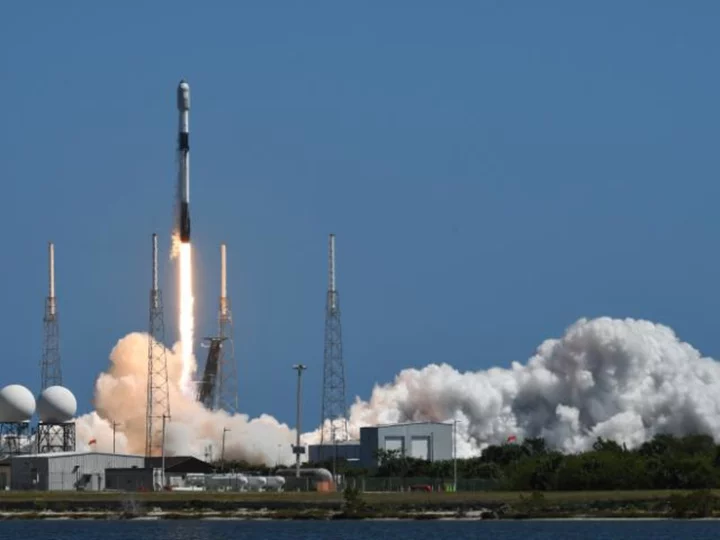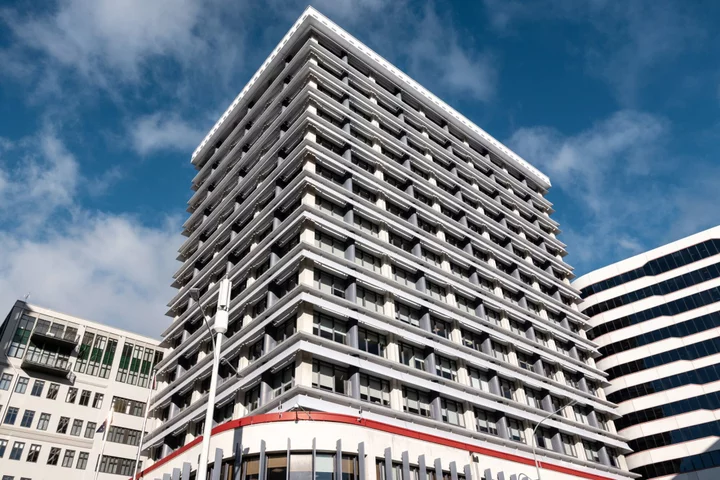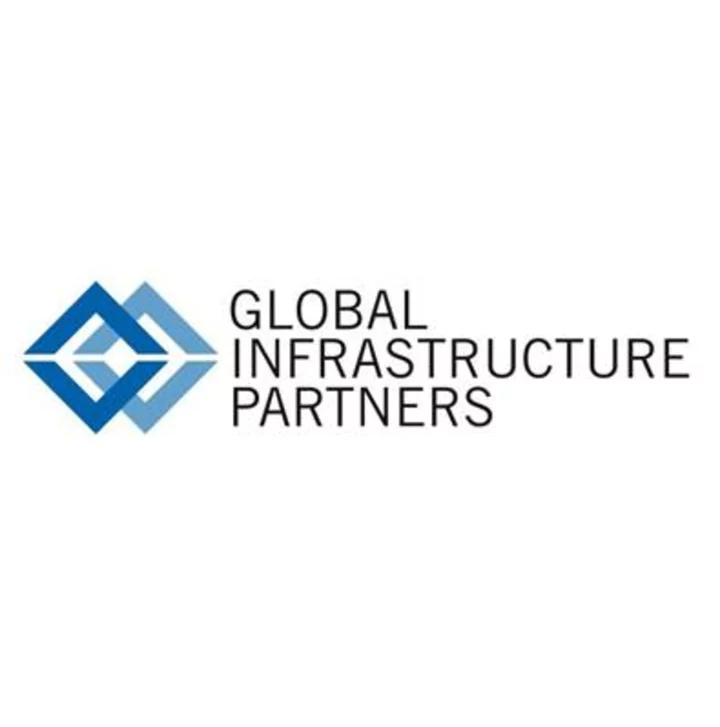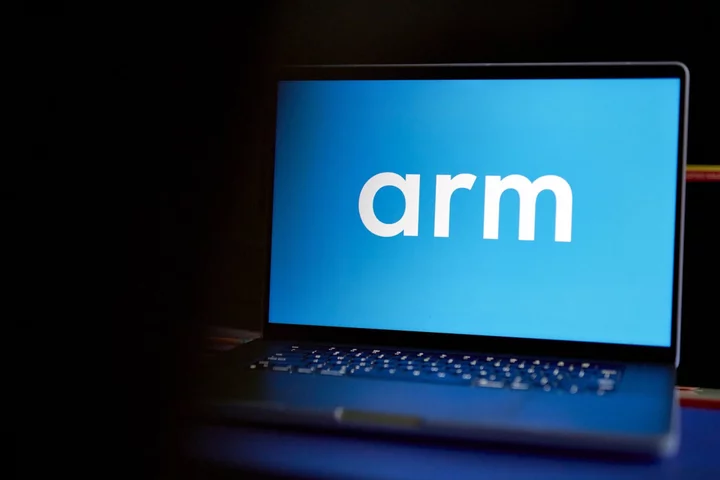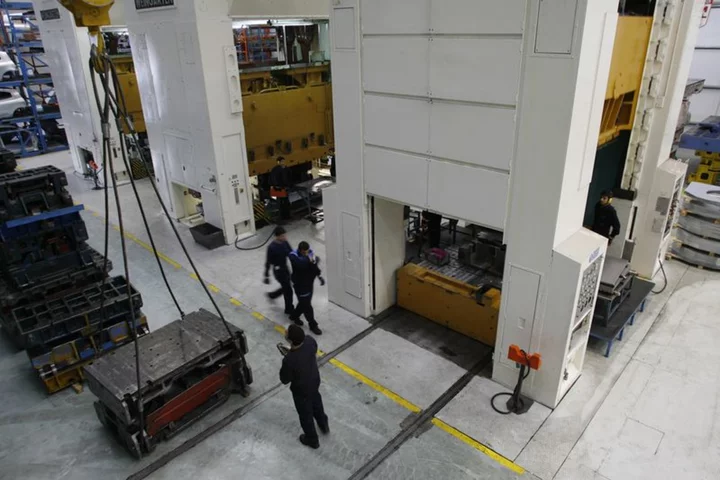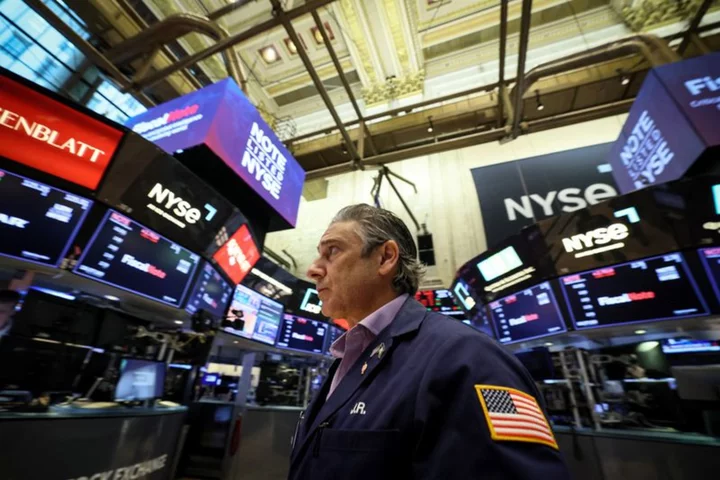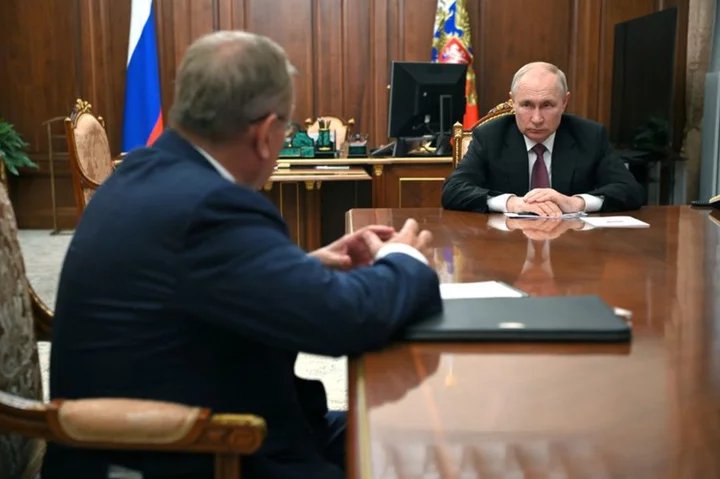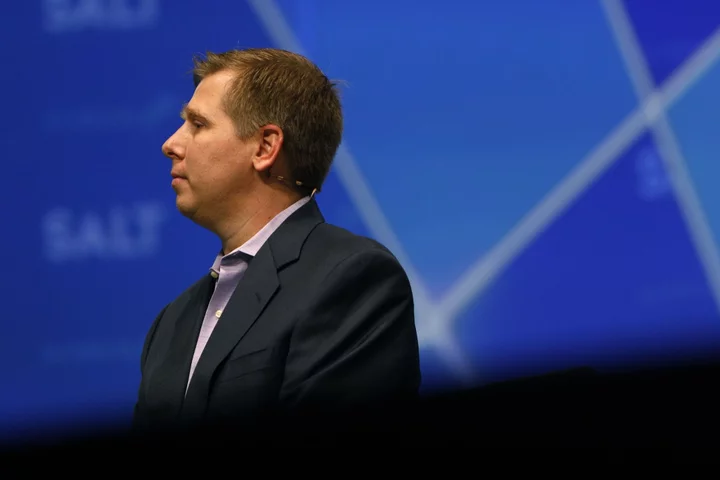Traveling at nearly 18,000 miles per hour, it can take less than 8.5 minutes for a rocket to fly from Earth's surface to space orbit. But for the payload it's carrying, it's a much, much longer journey.
Cargo-carrying space missions can often take years to get off the ground, and cost millions of dollars.
But one Abu Dhabi startup hopes to change that. Precious Payload wants to be the "Booking.com for rocket launches," says Andrey Maksimov, the company's Russian-born CEO and founder.
"Similar to looking at the search results of a booking engine, you can view all the commercially available rocket launches around the planet," says Maksimov. He adds that the platform, which launched in 2021, enables businesses to plan and manage space missions on a single interface.
Maksimov hopes Precious Payload can simplify a complex, time-consuming process, helping entrepreneurs and researchers plan their payload launches with ease and contributing to "the expansion of humanity's presence in space," he says.
Streamlining space shipments
Space missions typically require large teams and costly consultation from industry experts to ensure missions meet strict specifications, says Maksimov.
Precious Payload streamlines the process by gathering data from space agencies and rocket launches across the globe. Maksimov says his team has analyzed the engineering standards and regulatory protocols between international space agencies like NASA and the European Space Agency, and created its own list of specifications that ensure launches will comply with regulations wherever they take off from.
This approach has enabled the company to cut six to 10 months off the average mission's time-to-launch, says Maksimov, adding that his goal is to achieve launches within "one year and $1 million."
Connecting customers around the globe to commercial and government launches, Maksimov says the company has received bookings from 30 clients across 12 countries.
In addition to satellites, Maksimov says that Precious Payload is working with a range of cargo, including manufacturing, biological, and even art and marketing payloads, such as the space selfie stick by German company DCubeD, which helps companies get photos of their satellites in space.
Filling a niche
There's a gap in the market for this "middleman" service, says Wendy Whitman Cobb, a space policy expert and professor of strategy and security studies at the US Air Force School of Advanced Air and Space Studies.
Whitman Cobb, who is not familiar with Precious Payload, says she sees "a place for the service that they're offering." Across different space agencies, logistical and bureaucratic processes can vary drastically, and are often opaque and complex, she tells CNN.
Services like Precious Payload could help small businesses and researchers who are unfamiliar with space logistics, says Whitman Cobb. "We're going to see more of a need for this in the coming years, as this technology becomes more accessible to people that could never afford to do that previously."
The cost of sending cargo into space has decreased by more than 95% over the past four decades. While companies like Elon Musk's SpaceX spread the cost of sending a payload into space via its "rideshare" platform, Whitman Cobb says that Precious Payload's model, which combines all the elements of a space mission, including insurance and regulatory approval, is "a really unique thing that I haven't seen before."
A one-stop-shop
Maksimov established Precious Payload in the United States in 2017, raising funds from Silicon Valley investors. However, in 2020 he decided to headquarter the company in Abu Dhabi in the United Arab Emirates (UAE).
"There was a choice: to be the small fish in a very big pond (in the US); or come back to the Middle East ... and be one of the only fish in the pond," says Maksimov.
The UAE is a relative newcomer to the space industry, establishing its government agency in 2014. However, it has already seen success in its ambitious Mars program, becoming the fifth country to reach the red planet with its 2021 probe. Last year it announced an AED 3 billion ($820 million) fund to support "ground breaking" Emirati and international companies working in the space sector, as part of its efforts to diversify its economy.
As an early mover, Maksimov says he hopes to take advantage of this appetite for expansion, adding that Abu Dhabi's location has given his business access to multiple markets, allowing him to raise $2.1 million in funding from investors in the US, Middle East, and Europe.
The booking platform is just the first step for Maksimov. He plans to make the company a one-stop-shop for space missions by expanding to include ground services and even satellite development.
"There's an inevitable future where millions of people work and live in space," says Maksimov, adding: "I want to build the toolset that will enable future entrepreneurs to estimate what it will take to launch (their payload) and solve their problem right there in the board room."

